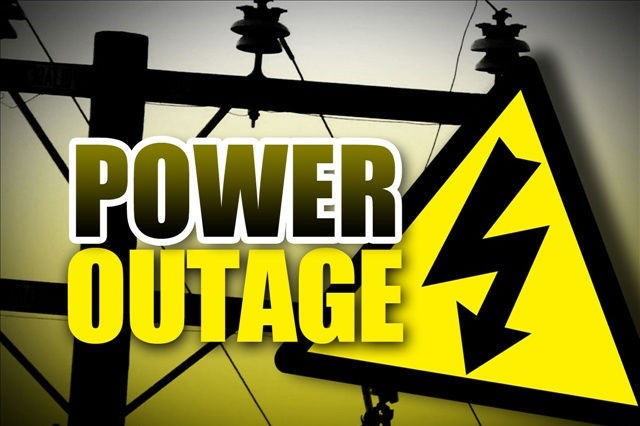Kano’s SMEs Gasp for Breath as Power Outages Choke Productivity, Spike Costs

The persistent power crisis in Kano State is dealing a heavy blow to small businesses and artisans, with many entrepreneurs reporting mounting losses, rising operational costs, and shrinking customer bases. As Nigeria’s struggling power infrastructure continues to erode confidence in the local business climate, the stories emerging from Kano highlight a wider economic threat to the nation’s informal sector due to the constant power outages — the lifeblood of job creation and community enterprise.
From welders to fashion designers, and frozen food vendors to tailors, small business owners across major commercial districts in Kano — including Kofar Ruwa, Sabon Gari, Fagge, and Dakata — are raising the alarm over what they describe as “crippling” electricity disruptions. For many, the national grid has become unreliable to the point of redundancy.
Economic Disempowerment through Darkness
Malam Idi Ali, a welder operating in the bustling Kofar Ruwa area, said his daily fuel expenditure on powering a generator has surged to an average of ₦5,000. This, he noted, is unsustainable in a business with tight profit margins and stiff competition.
“We hardly get two hours of power in a day,” Ali lamented. “I’ve lost customers because I can’t meet deadlines. It’s becoming unbearable.”
In the food sector, where consistent refrigeration is essential, the story is just as grim. Amina Rabiu, a frozen food vendor in Sabon Gari, revealed that her business has suffered severe losses due to recurring spoilage. Without constant electricity, she is forced to operate on expensive fuel — a cost she cannot always pass on to price-sensitive consumers already battling inflation.
“I depend on electricity to preserve my stock,” she said. “Now I use generators throughout the day and still lose money. It is frustrating.”
Fashion entrepreneur Stella Simon, who runs a tailoring outfit in Fagge, echoes similar concerns, citing lost clientele and unmet delivery timelines. “We’ve had no power for almost two days straight,” she said. “Running generators full-time is not only expensive, it’s exhausting.”
A Crisis of Productivity and Employment
Perhaps more worrying is the direct impact on employment. In the Dakata area, tailor Abba Kabir disclosed that he had been forced to lay off staff because of the inability to power his machines regularly.
“I cannot continue paying workers when there is no power to run my machines,” he said. “We need urgent intervention from the government or the electricity company.”
Kano is one of Nigeria’s largest commercial hubs in the north, with a vibrant SME ecosystem. But the persistent power supply challenges threaten to derail its economic promise. Small and medium-sized enterprises (SMEs) contribute more than 48% to Nigeria’s GDP and account for over 80% of employment. However, energy remains a key bottleneck, with over 60% of Nigerian SMEs relying on petrol- or diesel-powered generators to operate — a trend that worsened with the deregulation of fuel prices in 2023.
Structural Gaps and Official Silence
Efforts to obtain a formal response from the Kano Electricity Distribution Company (KEDCO) proved unsuccessful at press time, as calls and messages to its Head of Corporate Communications, Mr. Sani Bala, went unanswered.
Electricity distribution companies (DisCos) like KEDCO have faced persistent criticism for failing to provide reliable service, often blaming load-shedding policies from the Transmission Company of Nigeria (TCN), gas shortages, vandalism, or debts from government agencies and communities.
Yet, analysts argue that without urgent reforms in generation, transmission, and distribution, the power deficit will continue to suffocate Nigeria’s entrepreneurial energy — quite literally.
The Big Picture: Power, Profitability, and Policy
For Kano’s informal sector, the power challenge is not just about light and darkness; it is a direct impediment to profitability, productivity, and progress. With fuel prices soaring and alternative energy solutions still largely unaffordable for most microenterprises, many are caught between unsustainable energy costs and the risk of business closure.
Policy experts suggest that urgent investments in decentralized renewable energy, targeted SME energy subsidies, and stronger regulatory accountability for DisCos are needed to avert a deeper crisis.
Until then, small business owners in Kano — and indeed across Nigeria — will continue to work against the odds, trying to power their dreams in the dark.











